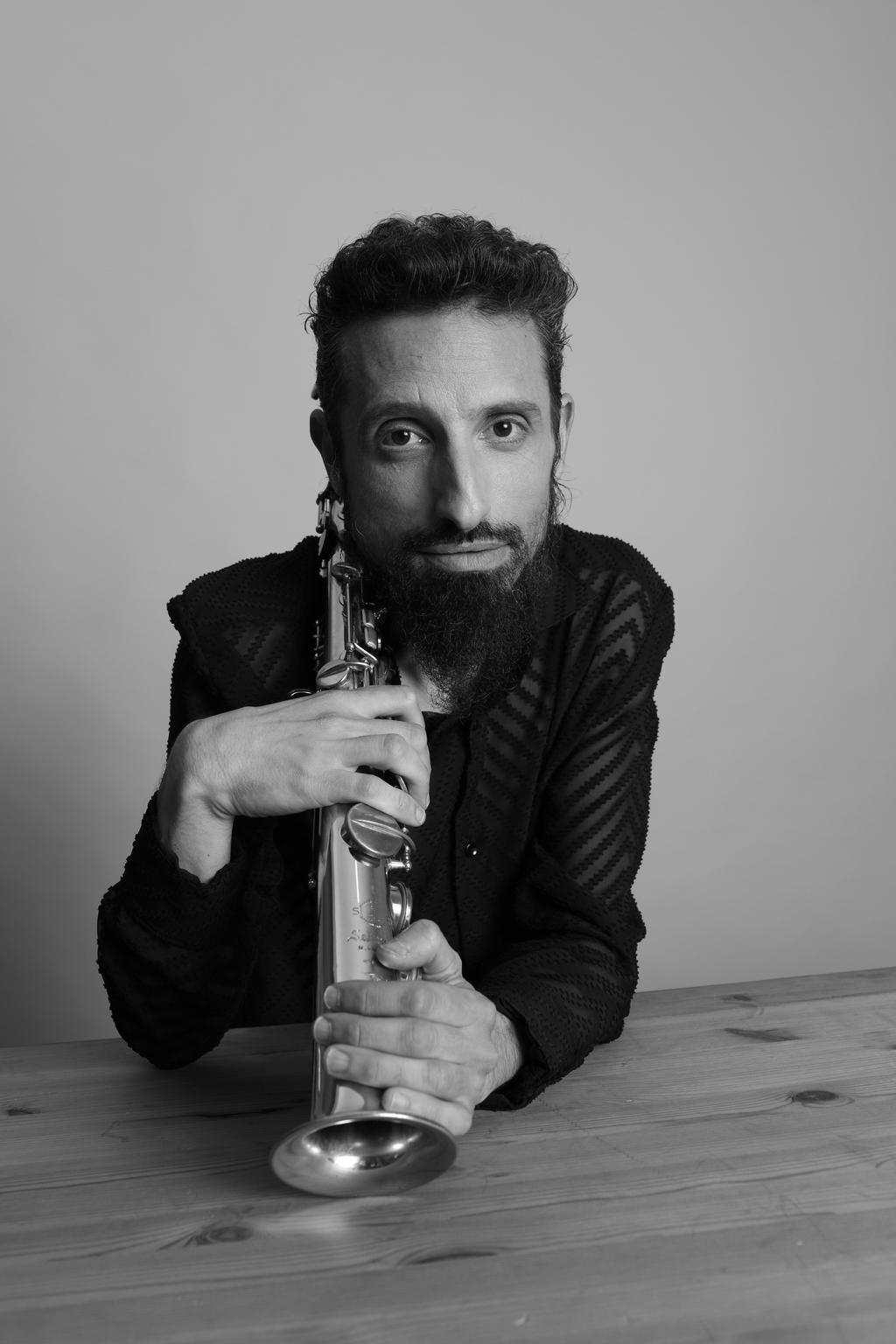Getting your Trinity Audio player ready...
20 years ago, in 1999, I left Israel and went to New York. Former Prime Minister Yitzhak Rabin had been assassinated just a few years prior to my departure.
I was part of what they called a "generation of candles," named after the candles we were lighting at Tel Aviv's Rabin Square for maybe a month straight after he had been murdered.
Benjamin Netanyahu being elected prime minister shortly after the assassinations was the last straw that made me decide to leave and never come back.
Once in the United States, I detached myself from anything that had to do with being Jewish or Israeli.
All my friends were American, I never hung out with Israelis, and I only spoke Hebrew about once a week when my parents would call me.
I began studying at The New School university in New York. There, I would sit down to compose new music and for some reason, every time these middle eastern sounding melodies would get stuck in my head. I didn't really know how to define it.
I thought it was Arabic music, Middle Eastern or maybe even Indian. But I didn't know where the heck did it come it was coming from.
One Friday night, I was playing at the Knitting Factory concert venue downtown. I was playing at a smaller stage downstairs, while John Zorn was playing the venue's main stage. Zorn, to this day, is one of the top New York musicians and a fellow saxophonist. A guru of the Avant Garde genre. At the time he had his own distinguished international record label.
I gave Zorn a copy of a demo I recorded with my band at our drummer's living room.
The next day, on Saturday morning, I received a message on my answering machine. The message was from Zorn himself. He said he wants me to record an album for his music label. "I'm so proud of you for making this Jewish music," he told me at the end of that message.
That's when I finally realized the nature of the melodies that had been stuck in my head - they were Jewish.
About a year later, I became fully religious.
They say music has a lot to do with prophecy.
After finding religion I wanted to come back to live in Israel. And, in 2006 I'd found an excuse to finally do it when I was offered a good record deal with an Israeli label.
The Hatav Hashmini label signed me and asked me to record a new album based on older compositions I'd recorded with Zorn, along with new songs. The album that came out of that experience, called "Amen," really resonated with religious people in the country.
Ironically enough, the albums I made with Zorn had a poor distribution in Israel. "Israelis don't like to pay!" Zorn used to complain.
I think the fact that I was religious, combined with the fact that the music had a lot of Jewish elements in it, got to them. For the first time I saw many religious people coming to my shows, or any jazz shows for that matter.
"Amen" became the bestselling jazz album in Israeli music history. Thank God.
I have no doubt, the reason why it became so successful is because we managed to connect the religious sector to jazz. And that is the irony, I guess.
Today, I'm the only ultra-Orthodox active jazz musician in the country. Somehow trying to connect these two totally opposite worlds created something magical.
Life is a circle.
Daniel Zamir will be performing on December 20 at Tel Aviv Museum of Art, celebrating 13 years since the release of the album "Amen."
On January 22 and 23 he'll be performing in New York at "The Mansion" venue on 107 east 16th street.


